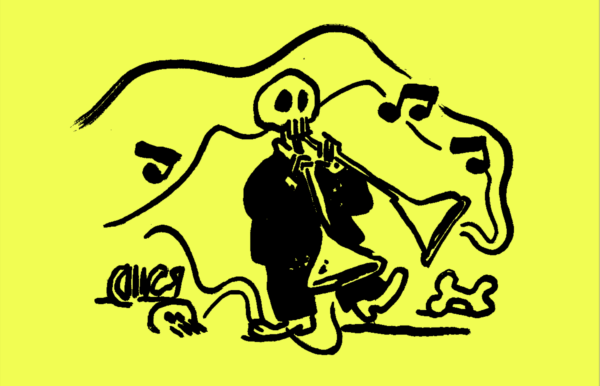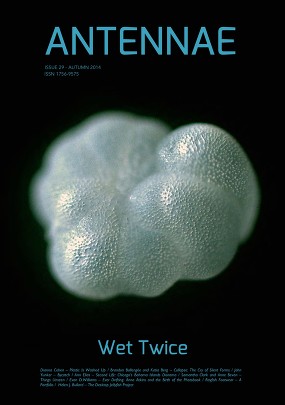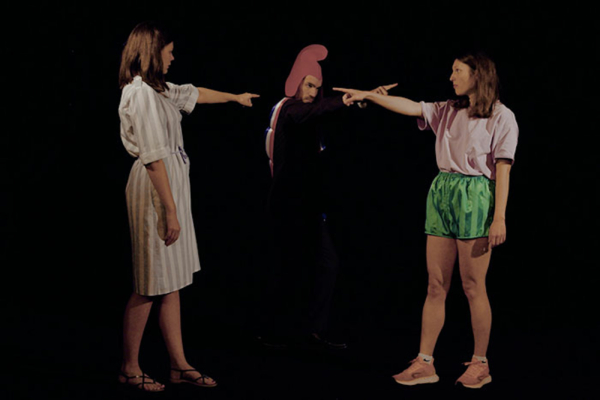
Jouer à 50° ? Étude sur l’adaptation – Odéon Théâtre de l’Europe
Et si Paris atteignait les 50°C ? Le Théâtre de l’Odéon anticipe cette éventualité en publiant une étude inédite sur…

From its primordial connotation as life giver and taker, its role as the ultimate stage for man’s challenging of the natural sublime, and the sheer beauty of its ever-changing ‘moods’, the sea has historically been a great source of artistic inspiration. Biblical scriptures constructed it as a site of the miraculous whilst in classical mythology it was populated by monstrous and enchanting creatures that helped or made more dangerous Homer’s and Ulysses’ journeys. Culturally, the sea has mostly been about us, what it has enabled mankind to achieve, overcome, surpass—it has for centuries embodied the essence of the ‘sublime adventure’ set against the depths of the unknown as immanent and transcendental entities alike. However, our mythical relationship to the sea was demystified, albeit only in part, by the development of scientific technologies which enabled new, clearer visions to emerge from the abyss.
This issue of Antennae continues our journey across these waters with the aim of proposing new, alternative perspectives in our relationship with the sea and representation, while most especially focusing on those less iconic marine creatures which most often remain unrepresented in Western culture.
More information : www.antennae.org.uk
Et si Paris atteignait les 50°C ? Le Théâtre de l’Odéon anticipe cette éventualité en publiant une étude inédite sur…
Le spectacle Toc Toc Toc de la troupe Cléone, pour construire une entreprise respectueuse de l’environnement.
Le dernier livre de la historienne de l'art environnemental

